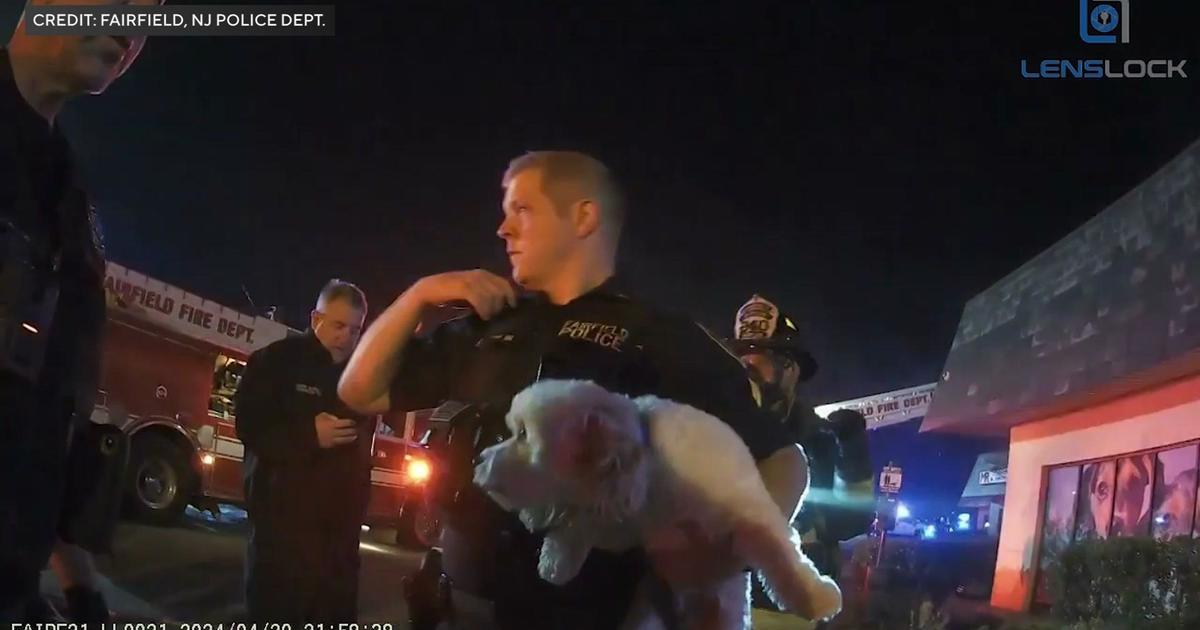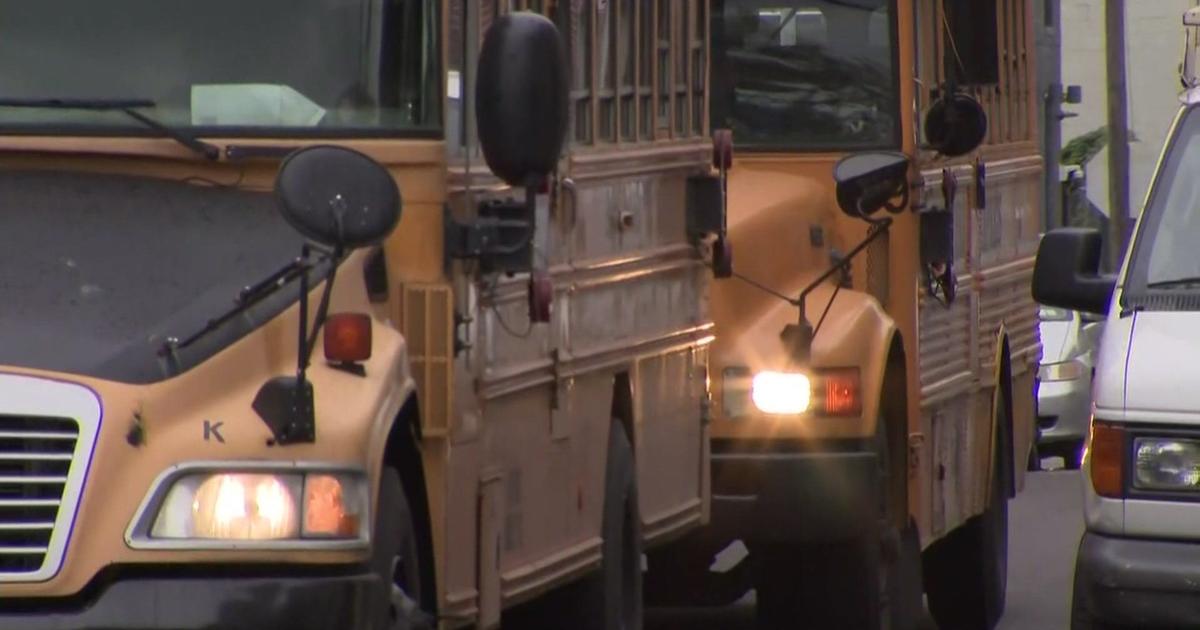Fairleigh Dickinson University students say New Jersey's residential segregation leads to school segregation
MADISON, N.J. -- This Black History Month, CBS2 is examining a racial divide when it comes to education.
Segregated schools are still a big problem in New Jersey, and there's a new effort to solve it.
We began the conversation with a local civil rights pioneer.
Retired New Jersey science teacher Theodora Smiley Lacey is a civil rights icon -- a Teaneck school bears her name -- but the 90-year-old grew up in Montgomery, Alabama, in the deep South during segregation.
"Often times, I would go to the bus stop and the driver would ask me to put the money in the box and go to the back to keep me from walking in front of the white passengers," she said. "Many times the driver would drive off before I could get to the back."
Lacey was involved in the Montgomery bus boycott. Rosa Parks was a close family friend. The Rev. Dr. Martin Luther King Jr. was chosen by her father as pastor of their Alabama church.
READ MORE: "New Rochelle's Black History" exhibit explores the pain and pride of the Black experience
New Jersey, though, was where she'd move to with her husband and lead a movement to make Teaneck the nation's first town in the 1960s to integrate its schools.
"The board came up with the centralized sixth grade that required busing all over the town," Lacey said. "It was one of the most innovative and creative and excelling schools that you could ever find."
Now, decades later, New Jersey's school system is ranked as one of the most segregated in the country.
"To see the change not being continued and implemented is upsetting," Lacey said.
A UCLA study places New Jersey sixth on a list when it comes to having the most segregated school system in the nation. Students at Fairleigh Dickinson University have been looking into the findings and trying to come up with solutions.
"The things that I found were just so insane," FDU freshman Tracy Osawe said.
At FDU's Madison campus, students in Madelyn Ferrans' public policy class are focusing on New Jersey's residential segregation, which they say leads to school segregation.
"In Newark, like 75% of the students were Black. Almost 75% of the students are also facing poverty," Osawe said. "And then you go to Westfield, there is practically no Black students in their population."
"I didn't really see the privilege that I had to be surrounded by students or being surrounded by classmates of different cultures," FDU sophomore Mariana Garcia said.
Members of Newark's Central High School girl's basketball team said they see the racial divide at games.
"I see whites on this side and Blacks on this side, and just it's like, why don't we come together, all of us, sit together?" student Kayley Lynch said.
"We get treated different from other schools because that's not my race, you know," student Dametria Steward said.
Former Central High principal and now Newark Mayor Ras Baraka addressed fixing the racial gap.
"We need affordable housing in these communities. We need to advocate that people are allowed to go to schools in different communities and not penalize or punish people for going to schools in other people's communities," he said.
"I personally just believe that it's really important for students to interact with people with different backgrounds," Osawe said.
That's the main reason Lacey pushed for change in Teaneck. Her hope now is this generation keeps fighting for equity.




